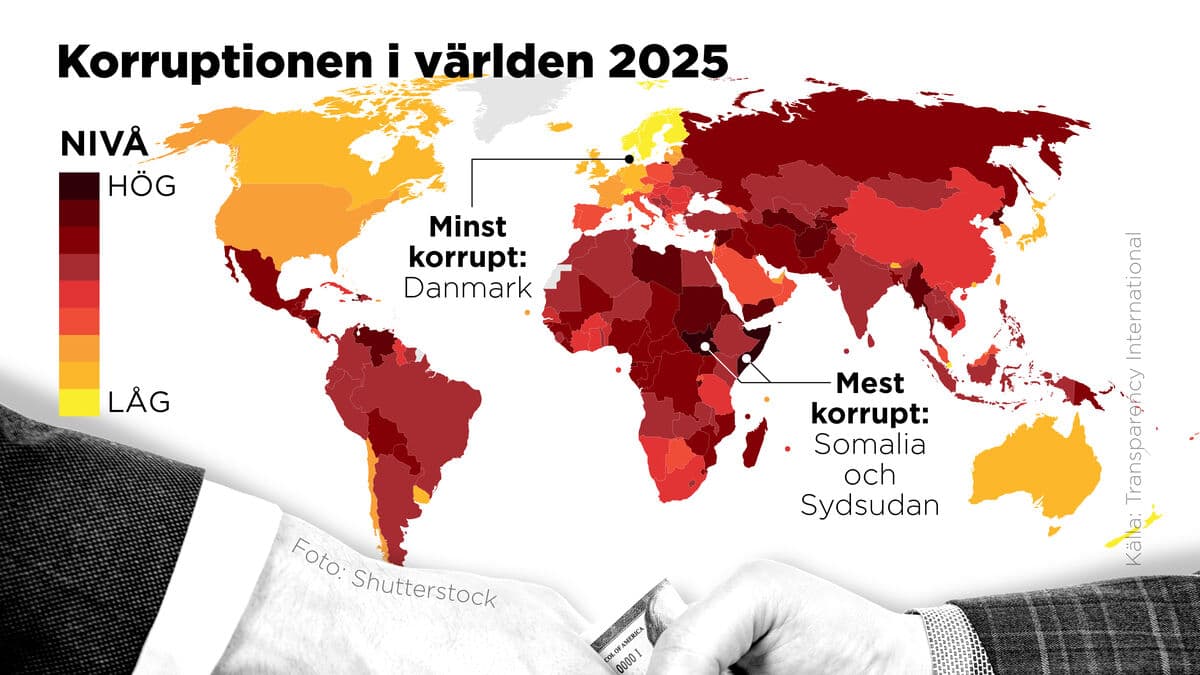It has been a bit shaky on the world's stock markets in the past week. Last night, the Asian stock markets fell significantly, with Japanese investment giant Softbank, a major shareholder in Open AI, among others, falling 7–8 percent. In Stockholm, the stock market screens are clearly red again on Tuesday, and in American pre-market trading as well, although still quite limited.
There's a bit of AI fever, there's nervousness ahead of Nvidia's report. There's a lot at stake, says Frida Bratt.
The cross-ownership between the big dragons, where the companies have bought into each other and paid with shares, creates increased uncertainty, which is a warning flag, according to Bratt.
“Healthy break”
Maria Landeborn, senior strategist at Danske Bank, partly agrees, but downplays the risks.
It's not a bubble, more of a healthy pause after the stock market rally that has been going on, she says.
She points out that the tech giants that are increasingly steering towards the AI world are still very profitable and have good growth. Of course, they are highly valued, Landeborn notes.
But I also think that you need to see it in the perspective of how strong these shares have been for a long time. Then it is reasonable that there will be a break sooner or later, says Landeborn, who believes that what is happening now is a notch in the curve.
My impression is that this is still temporary.
Two factors drive
The other factor that has caused stock markets to hiccup over the past week is the signals from the US Federal Reserve. There may not be another interest rate cut in December as most had previously expected.
And interest rate cuts and AI have been the driving forces behind the upturn. If they don't deliver, there will be a setback, argues Frida Bratt.
These two factors have driven the stock market.
And as so often, what happens in the American financial markets tends to spill over into the rest of the world and Stockholm.






